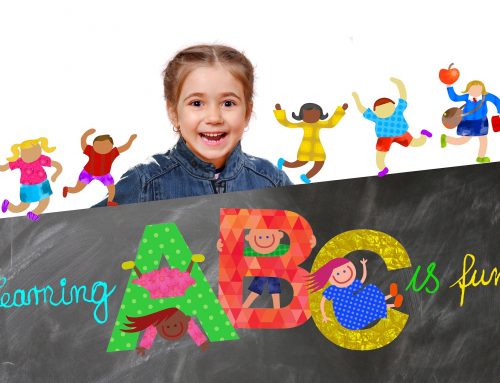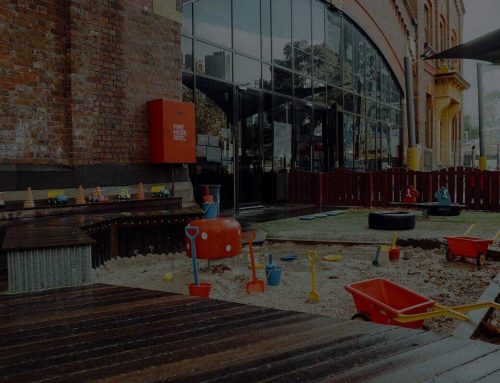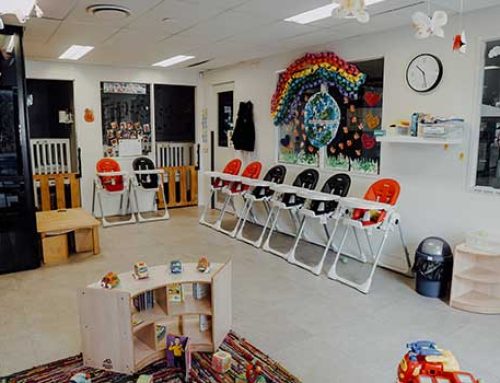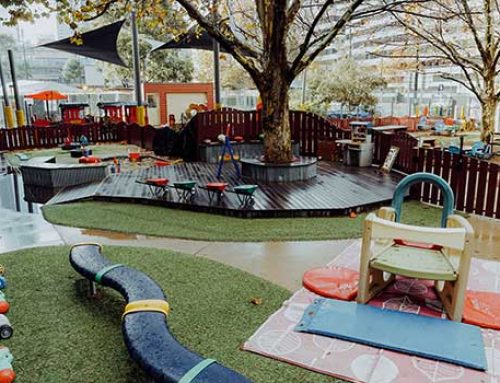When selecting a daycare for your child, the approach to learning is a crucial factor to consider. Play-based learning has gained recognition as an effective method for early childhood education. In this article, we’ll explore compelling reasons why choosing a daycare with a play-based learning approach can benefit your child’s development and overall well-being.
Fosters Creativity and Imagination
Play-based learning activities encourage children to explore, experiment, and create in a supportive and stimulating environment. Through imaginative play, such as pretend play, storytelling, and role-playing, children develop their creativity, problem-solving skills, and critical thinking abilities. By engaging in open-ended activities and using their imagination, children can express themselves freely and develop a lifelong love for learning.
Supports Social and Emotional Development
Play-based learning promotes social interaction, cooperation, and empathy among children. By participating in group activities, collaborative projects, and shared experiences, children learn valuable social skills, such as communication, teamwork, and conflict resolution. Play also provides opportunities for children to express their emotions, develop self-regulation skills, and build resilience in a safe and supportive environment.
Encourages Active Exploration and Discovery
Play-based learning encourages children to be active participants in their own learning process. Through hands-on exploration and discovery, children engage their senses, develop their motor skills, and gain a deeper understanding of the world around them. Whether through sensory activities, outdoor play, or experiments, children are encouraged to ask questions, make observations, and draw conclusions through firsthand experiences.
Tailored to Individual Interests and Abilities
Play-based learning allows for a personalised approach to education that respects each child’s unique interests, abilities, and learning styles. If you are looking for child care centres for your kids in Melbourne you will find numerous Melbourne City child care centres that embrace play-based learning and provide diverse activities and materials that cater to children’s individual preferences and developmental needs. Whether children are interested in art, music, science, or dramatic play, they can find opportunities to explore and pursue their interests in a play-based environment.
Promotes Language and Literacy Development
Play-based learning provides rich language and literacy development opportunities from an early age. Children develop their vocabulary, language comprehension, and communication skills through storytelling, conversations, and imaginative play. Daycares with a play-based approach often incorporate literacy-rich environments, such as print-rich classrooms, storytelling corners, and interactive books, to support children’s emerging literacy skills and foster a love for reading and writing.
Builds a Positive Attitude Towards Learning
Perhaps most importantly, play-based learning instils a positive attitude towards learning and lays the foundation for lifelong learning success. By making learning enjoyable, engaging, and meaningful, children develop a positive association with school and education from an early age. Daycares that prioritise play-based learning create a nurturing and supportive environment where children feel valued, empowered, and motivated to explore, discover, and learn.
Conclusion
Choosing a daycare with a play-based learning approach can offer numerous benefits for your child’s development and overall well-being. From fostering creativity and imagination to supporting social and emotional development, encouraging active exploration and discovery, tailoring learning to individual interests and abilities, promoting language and literacy development, and building a positive attitude towards learning, play-based learning sets the stage for a lifetime of success. Consider selecting a daycare that embraces play-based learning to provide your child with a nurturing and enriching early childhood education experience.








Leave A Comment